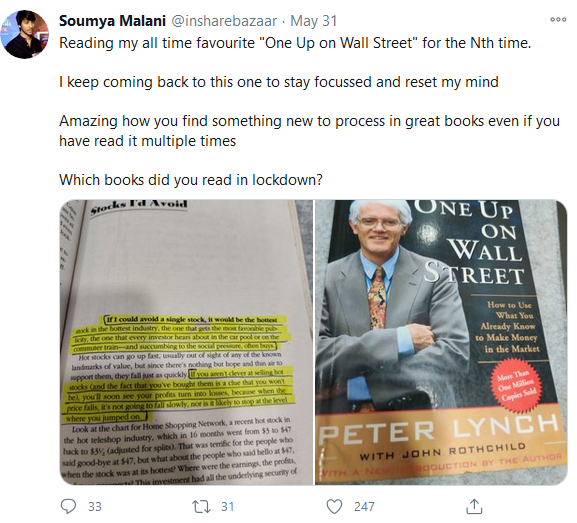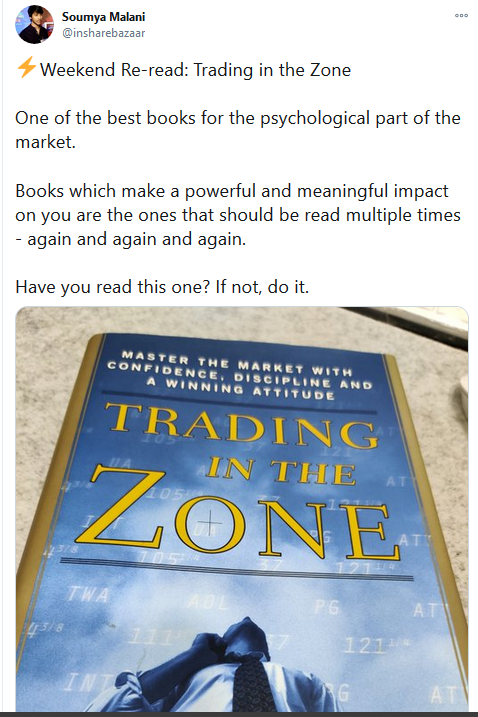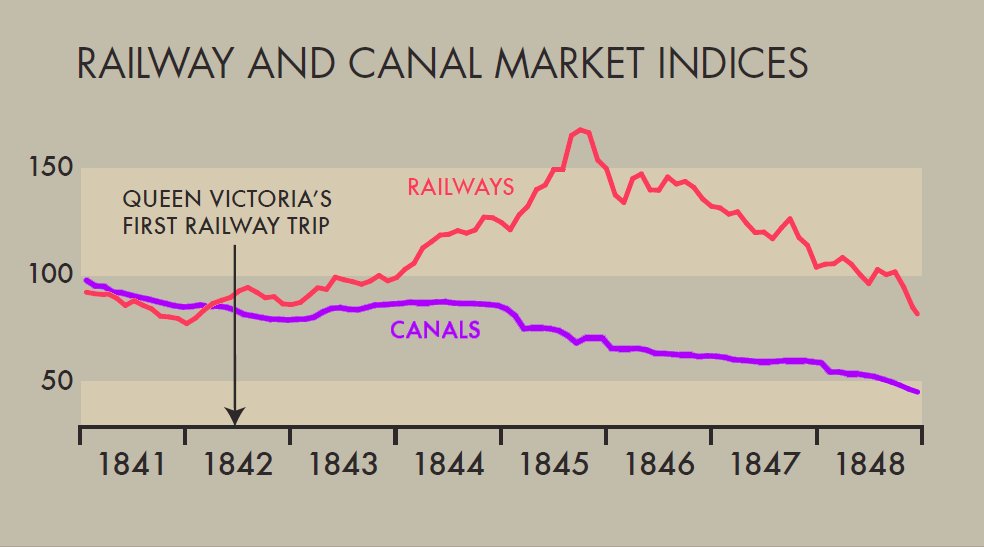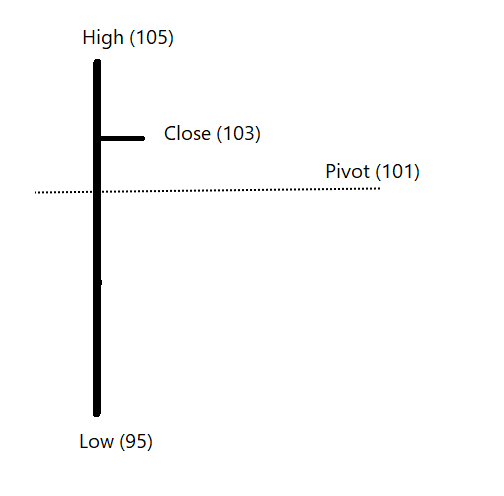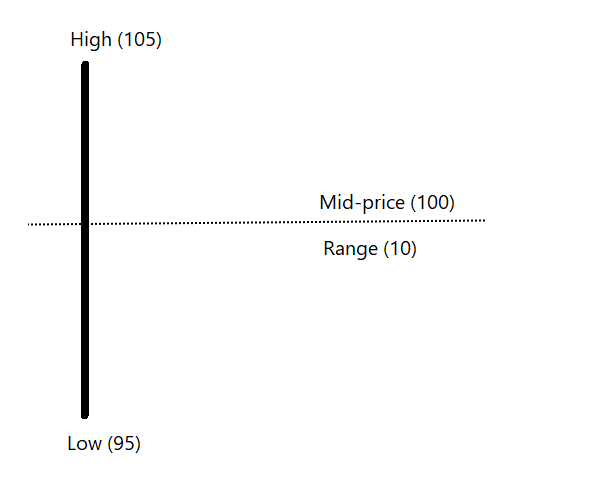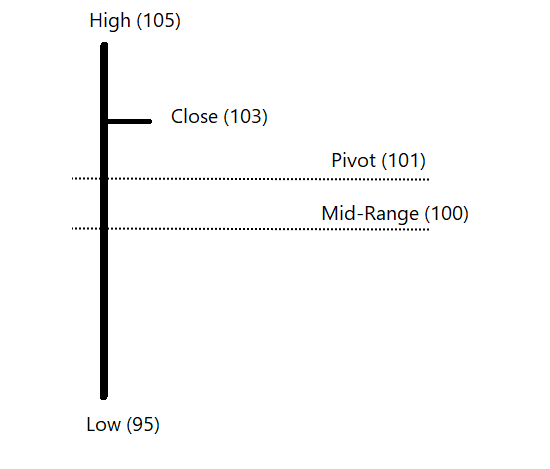♻ Rule of 72
No. of yrs required to double your money at a given rate, U just divide 72 by interest rate
Eg, if U want to know how long it will take to double your money at 8% interest, divide 72 by 8 and get 9 yrs
At 6% rate, it will take 12 yrs
At 9% rate, it will take 8 yrs
📋Rule of 114
No. of years required to triple your money at a given rate, U just divide 114 by interest rate.
For example, if you want to know how long it will take to triple your money at 12% interest, divide 114 by 12 and get 9.5 years
At 6% interest rate, it will take 19yrs
🗒️ Rule of 144
No. of years required to, quadruple your money at a given rate, U just divide 144 by interest rate.
For eg, if U want to know how long it will take to quadruple your money at 12% interest, divide 144 by 12 and get 12 yrs
At a 6% interest rate, it will take 24yrs
🗒️ Rule of 70
Divide 70 by the current inflation rate to know how fast the value of your investment will get reduced to half its present value.
The inflation rate of 7% will reduce the value of your money to half in 10 years.
*4% Rule for Financial Freedom*
Corpus Reqd- 25*Annual Expenses
Eg- the annual expense is 500,000 then the corpus required to retire is 1.25 cr.
Put 50% into fixed income & 50% into equity.
Withdraw 4% every yr, i.e.5 lac.
This rule works for 96% of the time in 30 yr period
♻️ *100 minus your age rule*
This rule is used for asset allocation. Subtract your age from 100 to find out, how much of your portfolio should be allocated to equities
Age 30
Equity : 70%
Debt : 30%
Age 60
Equity : 40%
Debt : 60
🧿 10-5-3 Rule
One should have reasonable returns expectations
10℅ Rate of return - Equity / Mutual Funds
5℅ - Debts ( Fixed Deposits or Other Debt instruments)
3℅ - Savings Account
💎 *50-30-20 Rule - Allocation*
Divide your income into
50℅ - Needs - Groceries, rent, EMI
30℅ - Wants - Entertainment, vacations, etc
20℅ - Savings - Equity, MFs, Debt, FD, etc
At least try to save 20℅ of your income.
You can definitely save more
⭕ *3X Emergency Rule*
Always put at least 3 times your monthly income in Emergency funds for emergencies such as loss of employment, medical emergency, etc.
3 X Monthly Income
You can have around 6 X Monthly Income to be on a safer side
🏦 *40℅ EMI Rule*
Never go beyond 40℅ of your income into EMIs.
Say you earn, 50,000 per month. So you should not have EMIs of more than 20,000.
This Rule is generally used by Finance companies to provide loans. You can use it to manage your finances.
🔊 *Life Insurance Rule*
Always have Sum Assured as 20 times of your Annual Income
💰 20 X Annual Income
Say you earn 5 Lacs annually, You should at least have 1 crore insurance by following this Rule.
This entire thread copied from
@BullMarkets1 (Original Creator)
Another Good thread on Personal Finance basics
https://t.co/eQM5mYoNFV


